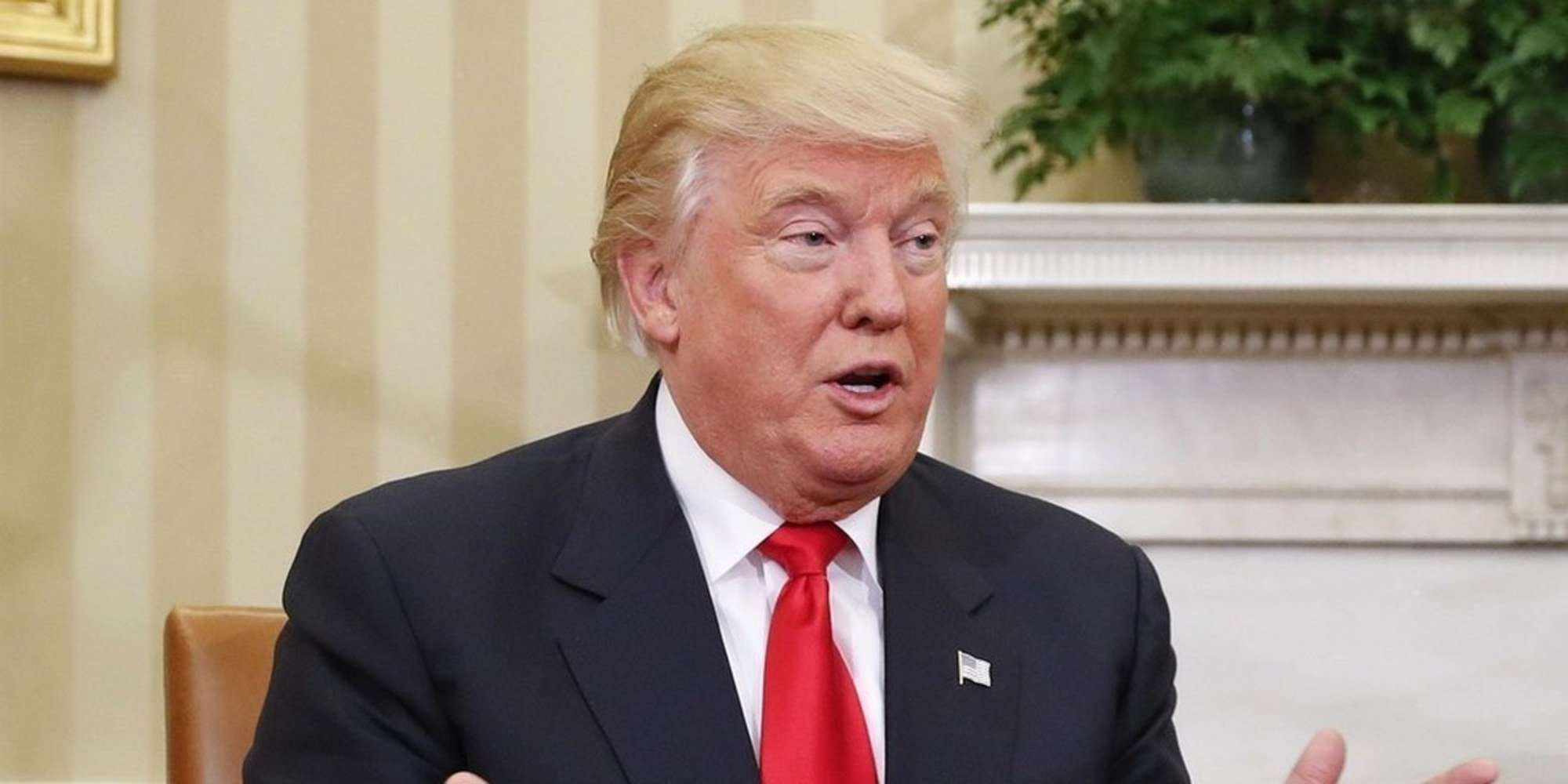Why it matters: Most health care experts agree that fee-for-service medicine — where doctors and hospitals are paid for every test and procedure — encourages unnecessary medical spending, and the trend has been to try to move away from it.
The plan: Any resident of California would be eligible to receive coverage without copayments, premiums, or deductibles — no matter their employment, immigration status, or age. And under the "Healthy California Act" patients would have the freedom to see any medical provider for any service.
A $400 billion proposal for single-payer health insurance is making its way through California legislature, but some worry that it would be too cost inefficient because it relies on the old fee-for-service system for paying doctors and hospitals.
More money, more problems: The bill isn't cheap. Coming up with $400 billion each year to maintain this bill would be difficult, considering current government funds allocated to health care coverage would only cover approximately $200 billion. The rest would inevitably have to come from taxpayers' checks, which would be a hard sell for politicians to make to their constituents.
What they're saying: The bill's authors argue that it wouldn't entirely return to the traditional fee-for-service rules; rather, they hope to use managed care and urge health care professionals to provide preventative services to patients. Ricardo Lara, a California senator and sponsor of the bill, said he has heard the various concerns with it and is now looking outside of the U.S. to see how other countries with single-payer systems control their costs.
The other side: The Senate Appropriations Committee released an analysis of the bill (which supporters hope will receive a Senate vote this Friday) that expressed skepticism over some of its more nuanced details — particularly the idea that patients can see any provider they want without a referral. Similarly, the report questioned the bill's ability to control costs via allowing "health care delivery systems can choose to be paid on a capitated basis," per California Healthline.

tempstem5 on May 31st, 2017 at 12:39 UTC »
The only other two countries that aren't supporting the deal are Nicaragua and Syria.
cranky_shaft on May 31st, 2017 at 12:15 UTC »
And this why people were concerned about Trump's decision making. Everyday we read a news about how China and India are making significant investments regarding climate change and this is the reaction of US. Now which one of US ally will be happy about this? EU? Canada? And over what? Just to make giant energy company in US happy?
In the era that making coalition and allies are the number one priority in foreign policy, Trump is doing his best to create biggest Anti us coalition ever.
marianorajoy on May 31st, 2017 at 12:09 UTC »
I honestly, as a person leaning conservative, want to know any logical arguments against this accord. It's a deal that eveb the industry supports. Why even deny the evidence of contamination from exhaust fuels? Why is not green energy good for jobs? I'm sure you can retrain people to work in solar or wind industry, if you're so concerned with job losses.